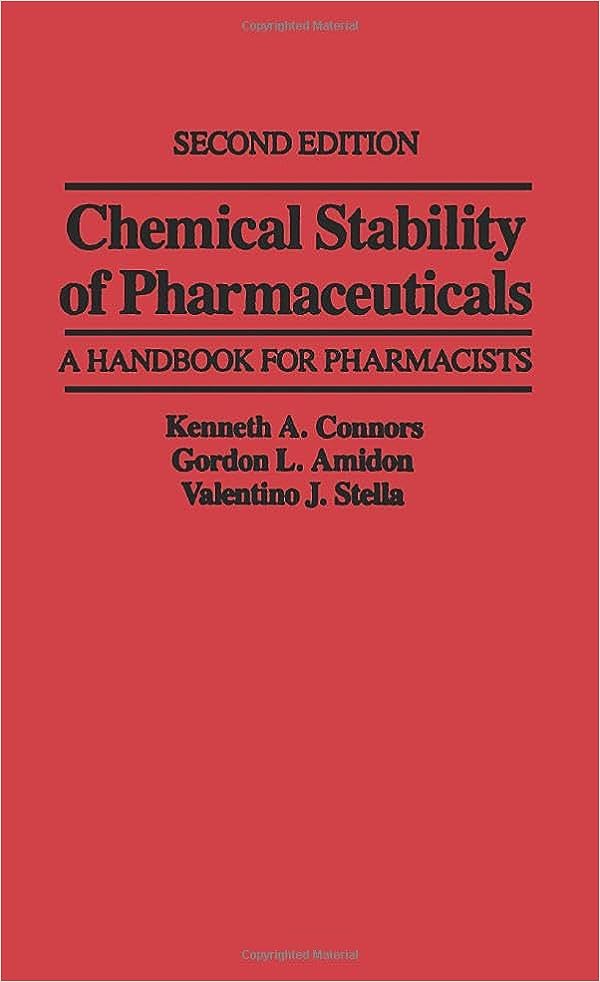Exploring Updates in ASEAN Stability Guidelines for 2023
Introduction
The ASEAN Stability Guidelines are a cornerstone of pharmaceutical regulation in Southeast Asia, ensuring that drug products remain safe, effective, and high-quality under the region’s unique climatic conditions. As the pharmaceutical industry evolves, so do the regulatory frameworks governing it. The 2023 updates to the ASEAN Stability Guidelines introduce significant changes aimed at enhancing compliance, aligning with global standards, and addressing region-specific challenges. This article explores the latest updates, their implications for manufacturers, and the trends driving these changes.
Overview of the ASEAN Stability Guidelines
The ASEAN Stability
Key Updates in the 2023 ASEAN Stability Guidelines
1. Expanded Scope for Biologics
One of the most significant updates in the 2023 guidelines is the inclusion of detailed requirements for biologics. This reflects the growing importance of advanced therapies such as monoclonal antibodies, vaccines, and cell-based treatments in the ASEAN region. The guidelines now mandate:
- Enhanced Stability Testing: Rigorous protocols for real-time stability testing and accelerated stability studies tailored for biologics.
- Storage Conditions: Specific requirements for cold chain products, emphasizing 2°C to 8°C storage conditions.
2. Integration of Photostability Testing
Aligning with ICH Q1B, the 2023 guidelines introduce mandatory photostability testing for light-sensitive drug products. This addition ensures that manufacturers evaluate the impact of light exposure on product quality and implement protective measures such as UV-resistant packaging.
3. Streamlined Regional Submissions
To simplify the regulatory process, the updated guidelines enhance harmonization across ASEAN member states. Key changes include:
- Standardized templates for stability data submission.
- Acceptance of a single stability dossier for multiple markets.
- Reduction in redundant testing requirements, saving time and resources.
4. Emphasis on Accelerated Testing
The updated guidelines highlight the importance of accelerated stability studies to predict long-term product behavior. The revised protocols ensure robust data generation under extreme conditions, particularly 40°C ± 2°C / 75% RH ± 5% RH, providing manufacturers with faster pathways to regulatory approval.
5. Focus on API Stability
The 2023 guidelines introduce comprehensive stability requirements for active pharmaceutical ingredients (APIs). These include:
- Specific storage conditions for APIs intended for tropical climates.
- Mandatory long-term and accelerated stability testing for APIs.
- Enhanced documentation to ensure consistency in API quality across formulations.
Implications for Pharmaceutical Manufacturers
The 2023 updates to the ASEAN Stability Guidelines have significant implications for manufacturers targeting Southeast Asian markets:
1. Improved Product Quality
The inclusion of stricter testing protocols for biologics, APIs, and photostability ensures that products meet higher quality standards, enhancing patient safety.
2. Faster Market Entry
Streamlined submission processes and harmonized requirements reduce approval timelines, enabling faster access to ASEAN markets.
3. Increased Compliance Costs
The new requirements, particularly for biologics and photostability testing, may increase the cost of compliance. Manufacturers must invest in advanced stability chambers and analytical tools to meet these standards.
Trends Driving Changes in ASEAN Stability Guidelines
The 2023 updates reflect broader trends in the pharmaceutical industry and regulatory landscape:
1. Growth of Biologics
The increasing demand for biologics in Southeast Asia has necessitated tailored stability testing protocols to address the unique challenges of these products.
2. Alignment with Global Standards
To facilitate international trade and regulatory alignment, ASEAN is increasingly adopting elements of ICH guidelines, ensuring that local manufacturers remain competitive in global markets.
3. Sustainability Initiatives
The updates emphasize eco-friendly practices, such as reducing redundant testing and optimizing packaging materials, aligning with global sustainability goals.
4. Digital Transformation
The adoption of electronic submission systems and digital tools streamlines data management, ensuring accuracy and transparency in regulatory processes.
Best Practices for Adapting to the 2023 Guidelines
To ensure smooth compliance with the updated guidelines, manufacturers should adopt the following strategies:
- Invest in Technology: Implement advanced stability software for pharmaceuticals to manage data efficiently and generate comprehensive reports.
- Train Staff: Provide training on the new requirements, particularly for biologics and photostability testing.
- Validate Equipment: Upgrade and validate stability chambers to accommodate the stricter testing protocols.
- Engage with Regulators: Maintain open communication with ASEAN regulatory authorities to address any queries or concerns during submission.
Emerging Trends in Stability Testing for ASEAN
The 2023 updates are part of a broader shift towards innovation and efficiency in stability testing:
- Predictive Modeling: Advanced analytics are being used to forecast stability trends, reducing the reliance on extended studies.
- Automation: Robotic systems streamline testing processes, enhancing accuracy and efficiency.
- Focus on Sustainability: Manufacturers are adopting eco-friendly packaging and optimized protocols to reduce resource consumption.
Conclusion
The 2023 updates to the ASEAN Stability Guidelines mark a significant step forward in harmonizing stability testing practices across Southeast Asia. By addressing the region’s unique climatic challenges and aligning with global standards, these changes enhance product quality, streamline regulatory processes, and foster innovation. For manufacturers, understanding and adapting to these updates is crucial for maintaining compliance and succeeding in the competitive ASEAN market. As the pharmaceutical industry continues to evolve, the ASEAN Stability Guidelines will remain a vital framework for ensuring the safety and efficacy of drug products.
